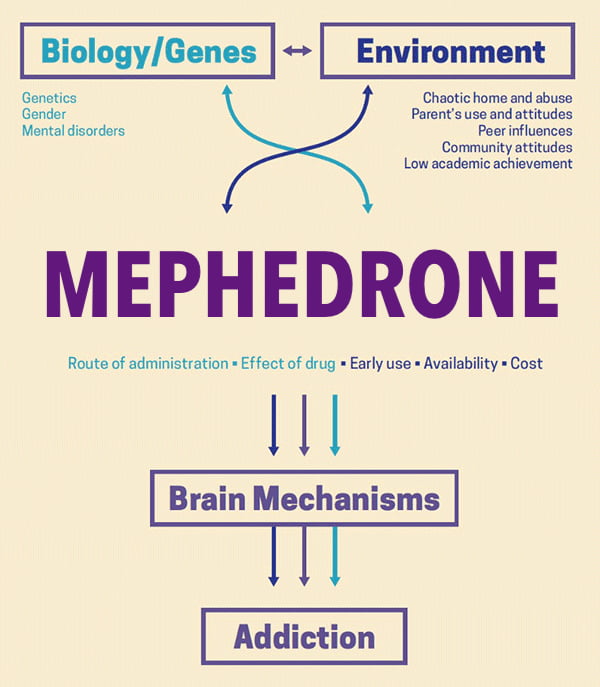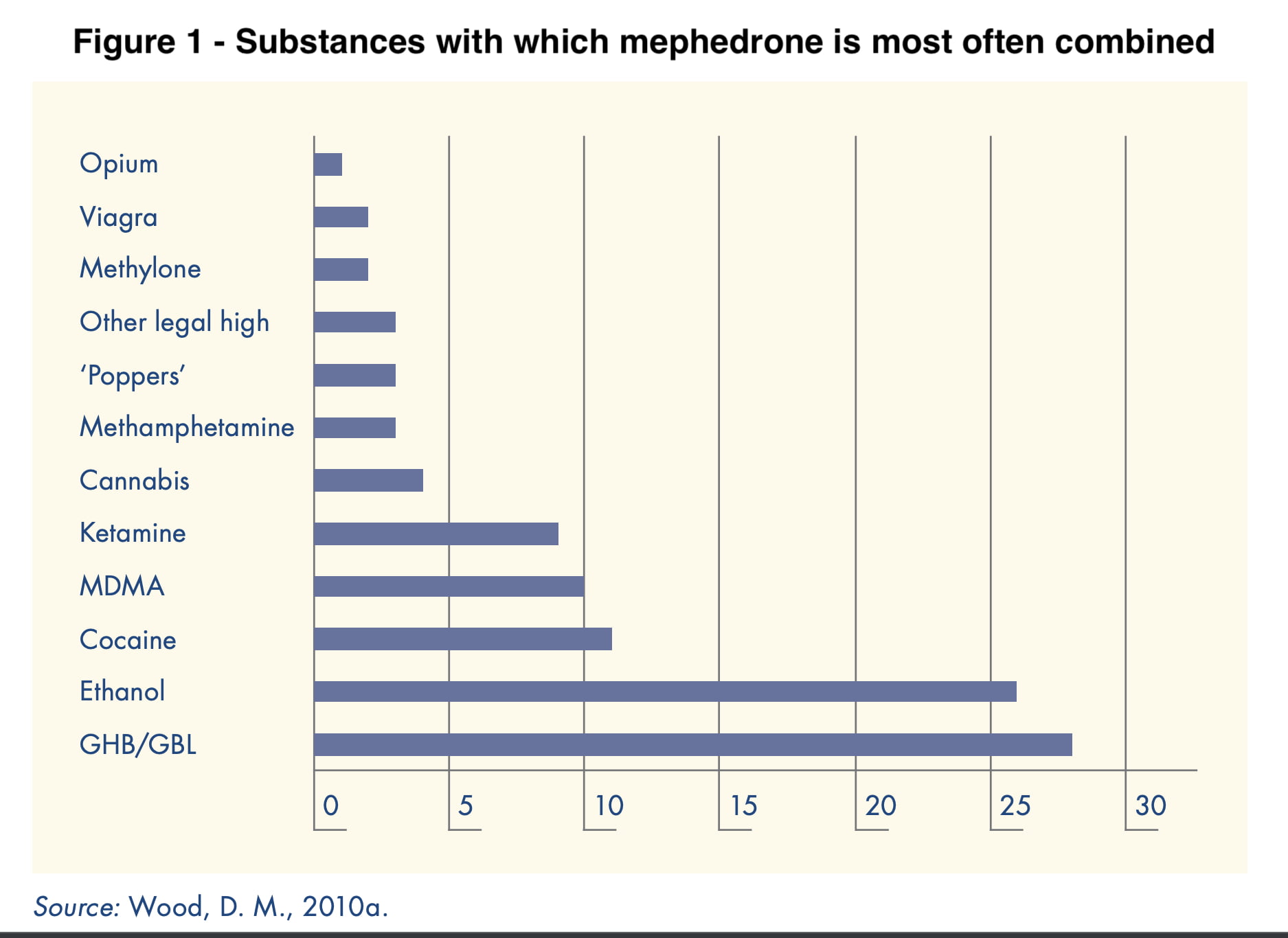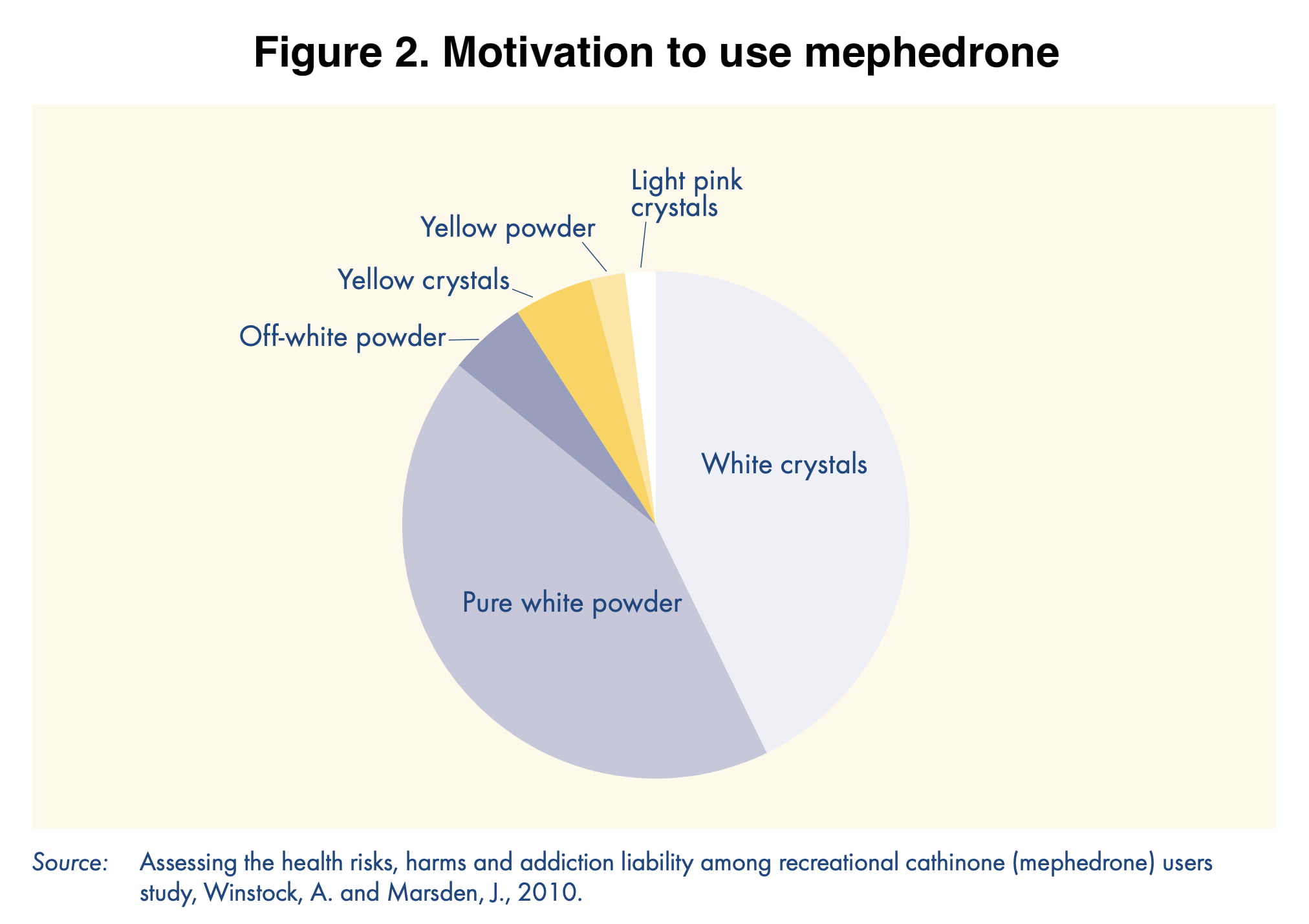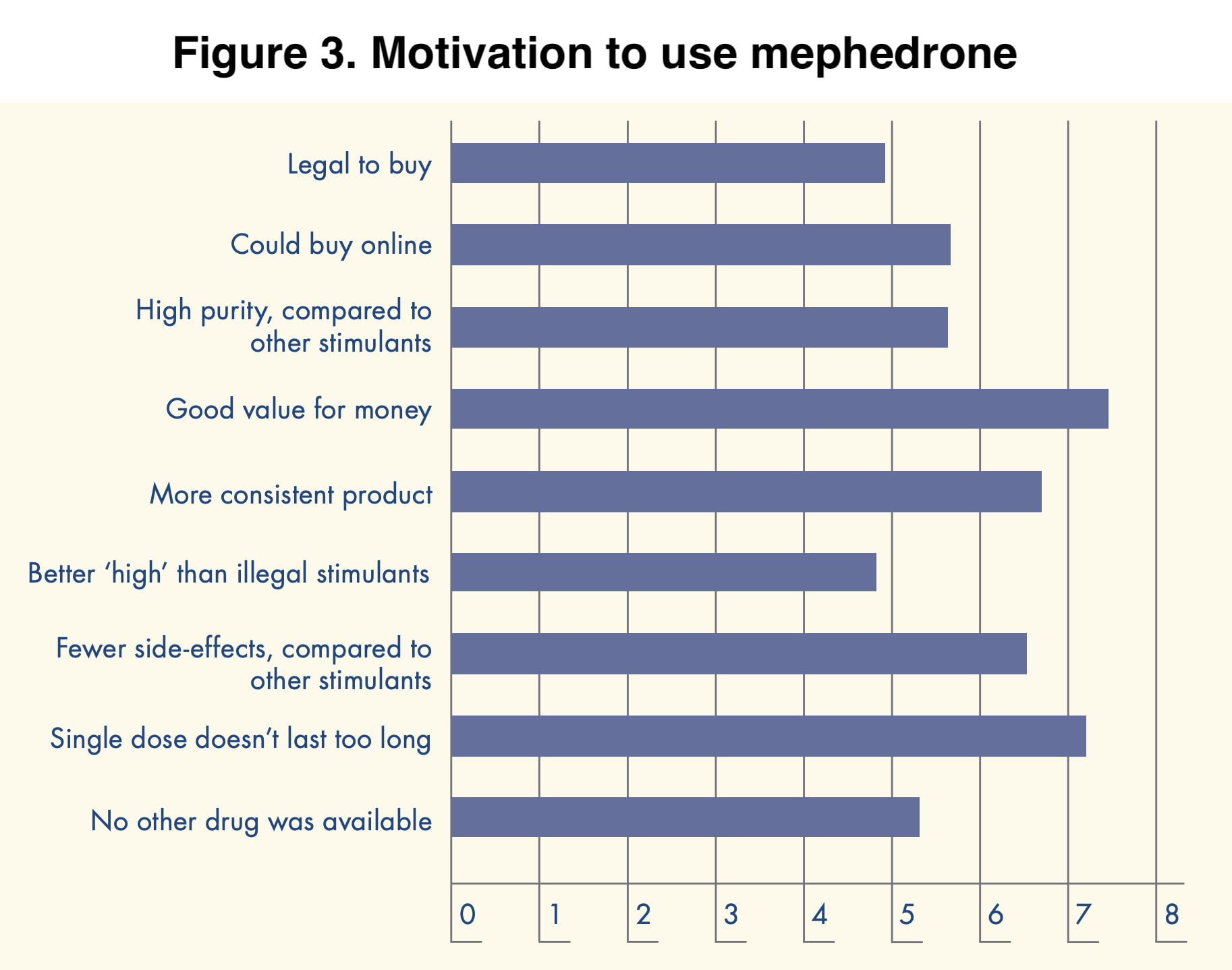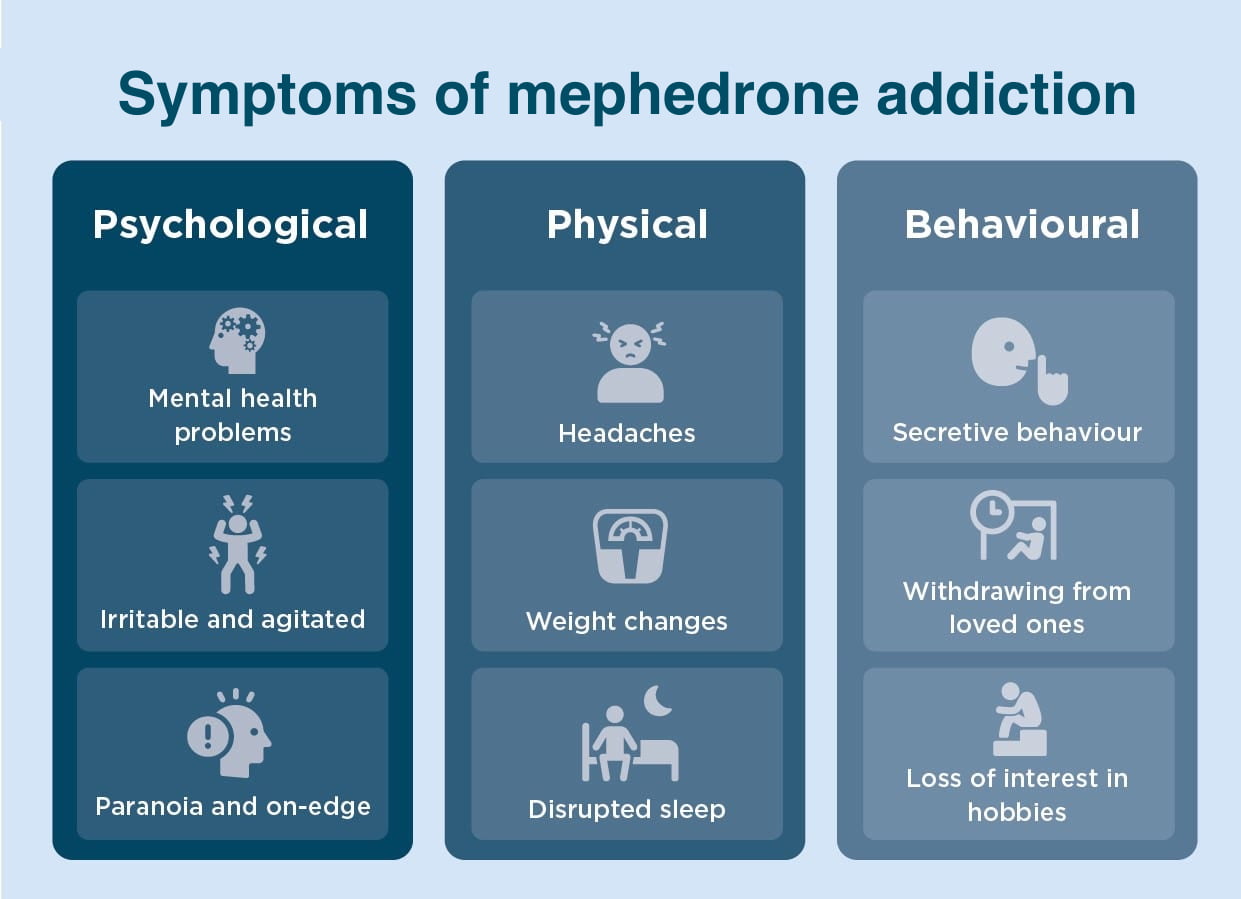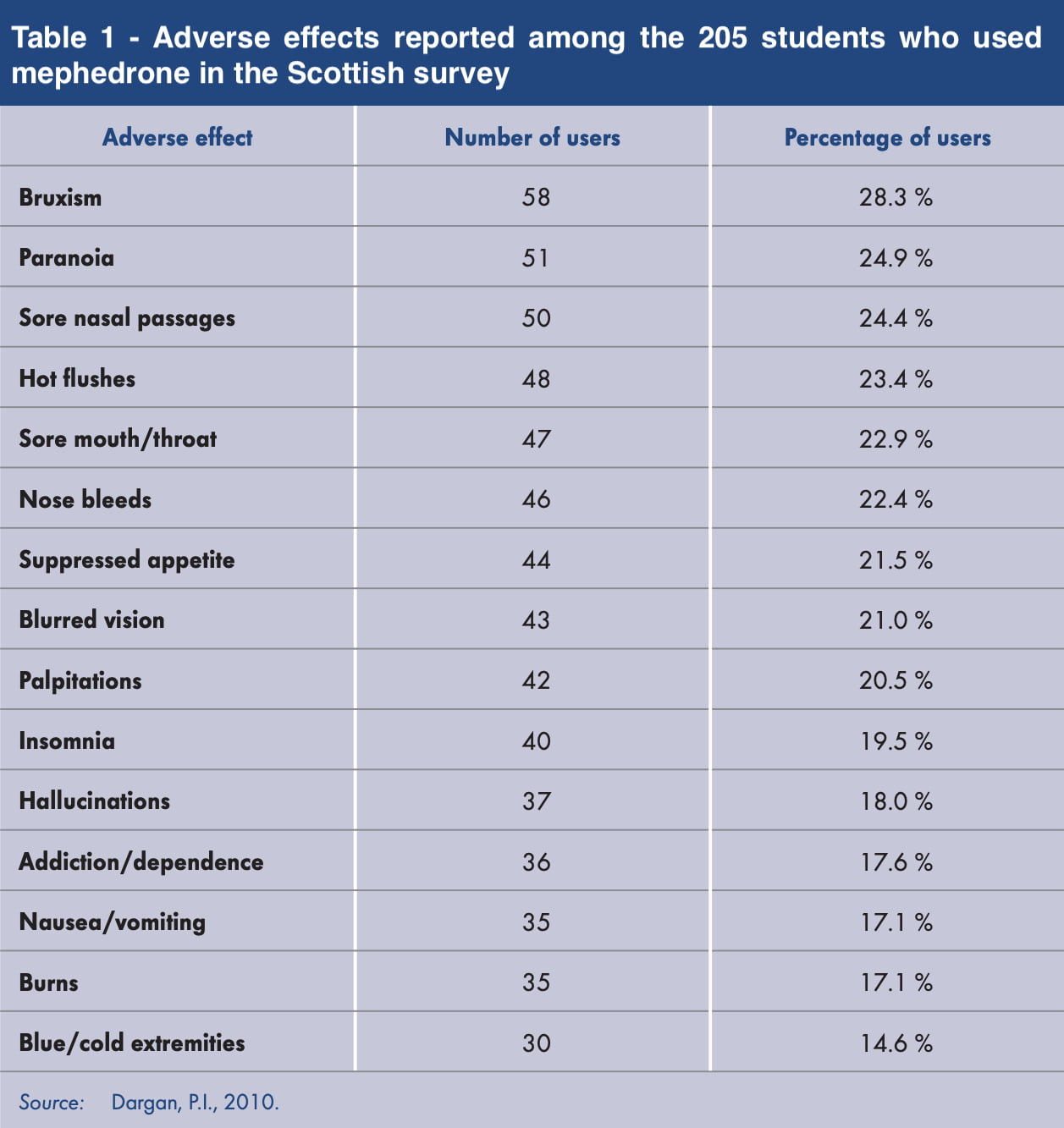Mephedrone (RS)-2-Methylamino-1-(4-methylphenyl)propan-1-one (also known as 4-metylometcatynon, white magic, meow meow, m-cat, bubble, miow, MC, drone, bounce, meph, m-smack, charge, 4mmc) is a synthetic derivative of cathinone, and its main compound is found in Catha edulis, a plant naturally grown mainly in East Africa.
Mephedrone represents the group of novel psychoactive substances (NPS) which consist of compounds designed to mimic existing established recreational drugs. The online availability of mephedrone along with its low price and worsening quality of other drugs (e.g. MDMA and cocaine) led to an increase in mephedrone consumption in Europe and the USA between 2009 and 2010, being a serious health hazard since then.
Mephedrone exerts its effects by interacting with plasma membrane monoamine transporter proteins for dopamine, noradrenaline and serotonin and by increasing the levels of all above-mentioned monoamines in the central nervous system. The effects of mephedrone can be potentiated because of its metabolites, which display a similar activity as mephedrone and an ability to interact with monoamine transporters, resulting in inhibition of their reuptake.
The profile of mephedrone’s action on monoamine receptors and transporters suggests that it may have a high propensity for abuse, and several studies have shown that it supports self-administration at a higher rate than MDMA and other similar psychoactive substances.
Evaluating the abuse potential of new substances, particularly that of those that are able to affect the central nervous system, is necessary to determine future prescription conditions and the possible risk of misuse and addiction.
Substance abuse or dependence, as defined by European and North American law, is defined as an adverse drug reaction that is harmful and unintentional. Thus, mephedrone clearly fits these definition criteria. In a similar manner to other adverse drug reactions, the misuse, abuse, and addiction of a substance can be prevented by previous information and prescription limitations, as well as dose control, a knowledgeable approach to use, and adherence to all the important principles of recreational use of psychoactive substances. Regular mephedrone use leads to tolerance, which means that a person needs to take more and more of the drug to get the desired effect.
When mephedrone is abused, the person has strong cravings and compulsive use, and when mephedrone use is stopped, a so-called withdrawal syndrome “collapse” occurs, whose symptoms can vary widely and are most often manifested by fatigue, restless sleep, irritability, depression, and so on. In this publication, we will describe the main signs of mephedrone addiction and ways to combat mephedrone addiction.
Signs of Mephedrone Abuse
Mephedrone addiction can be caused by many factors ranging from epigenetic to exogenous factors, but there are still no definitive studies on the problem. Part of the reason may be that mephedrone leads to a pronounced psychological effect, making you feel energetic and excited – something that depressed people may not experience in their normal lives.
Thus, mephedrone abuse suggests a chemical release from everyday negative feelings, which is the reason for repeated mephedrone use (not counting compulsive use, when cravings arise due to the emergence of tolerance). People who develop a substance use disorder will have a different chemical reaction in their brains when using mephedrone than people who are not addicted.
An unknown danger of mephedrone abuse is that it is difficult to predict the effects that a certain amount will have. This increases the chances of people taking potentially fatal doses or doses that can lead to rapid addiction. A common misconception many people have about mephedrone is that it is a less dangerous drug than other substances such as cocaine and ecstasy.
Mephedrone was developed as a cheap alternative to these drugs, and there are deaths directly related to its overdose. Mephedrone can be even more addictive than other psychostimulants and euphoretics, especially when administered intravenously. The fact that the common way of taking mephedrone is through binge drinking contributes to a rapid increase in users’ tolerance, which in turn causes addiction and dependence.
Mephedrone abuse symptoms occur because of its psychoactive and stimulating properties. It leads to an increase in the amount of dopamine released by the brain, resulting in feelings of excitement and euphoria. However, after the first few uses, these feelings gradually subside.
People may feel the need to take more and more of the substance in order to maintain the intensity of the intoxicating effects. People who suffer from anxiety and depression face a high risk of addiction to mephedrone. This is because they may be inclined to think that the drug is an effective way to deal with their negative feelings.
Physical and psychological signs of mephedrone addiction symptoms:
- Feeling on edge/Anxiety
- Heart palpitations
- Feeling very hot
- An urgent need to defecate
- Dizziness
- Grinding teeth (gurn)
- High amounts of sweat despite a lack of physical activity and/or high temperatures
- Talkativeness
- Overconfidence
- Full of energy
- Eagerness to dance
- Unusual levels of affection
- Agitation
- Feelings of closeness to others
- Enhanced empathy
- Increased sexual desire
- Intense sensory experiences
- Significant decrease in appetite
- Periods when a person cannot sleep, followed by periods of extreme sleepiness
- Excessive preoccupation with the feelings of others
- Easily distracted
- Inability to focus on one thing or concentrate
- Difficulty breathing
Implicit and impermanent psychological signs of mephedrone abuse (mephedrone abuse signs may vary and are intermittent):
- Uncharacteristic isolation from others
- Being uncharacteristically secretive, such as disappearing for long periods
- Increased issues with anxiety
- Accelerated perception of time
- Impulsive behavior
- Issues with attention, memory, and problem-solving abilities
- Extremely inflated sense of self-esteem or accomplishment
- Out-of-body experiences
- Alternating periods of euphoria or contentment with periods of depression and apathy
- Suicidal thoughts
- Extreme suspiciousness and paranoia
- Hallucinations, usually visual or auditory
- Delirium
- Aggressiveness or violent behavior
The most common post-effects of mephedrone (when mephedrone is abused for a long time during withdrawal):
- Feeling sick, paranoid and anxious;
- Vomiting and headaches;
- Overstimulating and damaging the heart and circulation;
- Overstimulating the nervous system, which may cause hallucinations, feelings of agitation and even fits;
- Palpitations, insomnia, loss of short-term memory, vertigo, grinding of teeth, sweating and uncomfortable changes in body temperature Blue or cold fingers — this is likely due to the fact that mephedrone affects the heart and circulation;
- Severe nosebleeds have been reported after snorting.
Some people may think that addiction is solely to blame for a lack of willpower, but the reality is that substance use disorder is a chronic disease that people may be susceptible to if it runs in their family. The genetic factor of addiction may help explain why some people can take substances regularly and not develop an addiction, while others develop it.
The type of addiction a person develops does not have to be the same as a family member. If a parent has struggled with alcohol addiction, their child may have a higher risk of developing a substance use problem with any type of substance or activity. A large contributor to an individual’s risk for substance use problems is the environment in which he or she grew up or in which he or she is currently living.
Some environmental factors that may affect an individual’s risk of developing an addiction include lack of parental care for adolescents or children, the neighborhood in which the individual lives or grows up, or the availability of substances. Adolescents whose parents or caregivers play a small role in their daily lives may rely on the advice of their peers.
This can lead to teens or young children not learning to say “no” to mephedrone. A person who begins experimenting with substances at a young age may increase the risk of developing a substance use problem.
Feeding addictive behaviors at a young age can potentially lead to serious substance use problems and cause undesirable health consequences. Early substance use can lead to serious changes in the brain and its development. This can make people more susceptible to mental health problems as the substance use disorder progresses.
Addressing the Issue
As Professor Green, who authored the first preclinical study of mephedrone in 2014, says: «One of the key messages for medics and drug users is that even though psychostimulant drugs may initially seem similar, the differences in the way they work can be critical. The good news is that the effects seen in animal studies generally reflect the reported changes in humans, which gives us confidence that the warning signals on the relative risks of different drugs from these studies need to be taken seriously».
The mephedrone treatment process usually begins with medically assisted detoxification. This phase of treatment involves helping users overcome their physical dependence on mephedrone. The intensity of withdrawal symptoms during detoxification varies from person to person, depending on how much mephedrone they have taken and how long they have taken it.
The detoxification stage is usually followed by various forms of therapy. Individual therapy and other forms of therapy, such as cognitive behavioral therapy, help the recovering user identify the negative thinking patterns that may have led them to use drugs, as well as ways to avoid them. Group therapy offers people a sense of community with people with whom they can easily find common ground.
-
Talk therapy. The mephedrone treatment process usually begins with medically assisted detoxification. This phase of treatment involves helping users overcome their physical dependence on mephedrone. The intensity of withdrawal symptoms during detox varies from person to person, depending on how much mephedrone they have taken and how long they have been taking it.
Individual therapy and other forms of therapy, such as cognitive behavioral therapy, help the recovering user identify the negative thinking patterns that may have led them to use drugs, as well as ways to avoid them. Group therapy offers people a sense of community with people with whom they can easily find common ground.
As a starting point, you can use CBT therapy to talk about possible past traumas or to get to the bottom of addiction. Also, you can use DBT therapy if you are a very emotional person. Motivational interviewing and 12-step therapy, which is used as part of the matrix model of addiction treatment, can also be used.
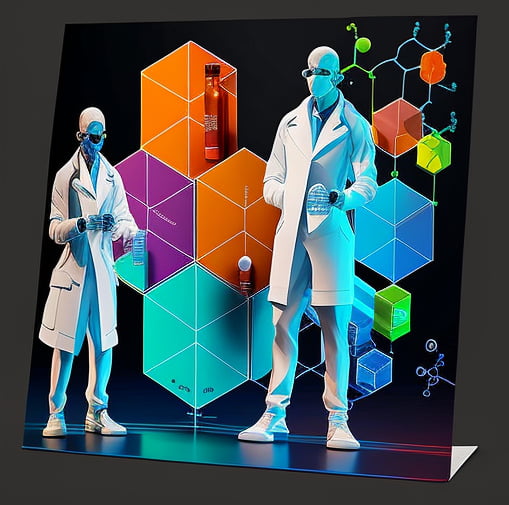
-
Detox therapy includes, first of all, a proper diet (it is necessary to follow the diet and diet strictly according to time). It is necessary to consume a sufficient amount of non-carbonated water, mainly sodium chloride-hydrocarbonate, to restore electrolyte balance. Treatment of mephedrone addiction includes obligatory medication therapy:
-
-
-
- Multivitamins containing B vitamins (Nature Made Multi for Him; Ritual; Kaged etc. Must be taken for one month with meals)
- 5-HTP – 100 mg twice a day (must be taken for one month with meals);
- Folic acid – 1 mg twice a day (must be taken for one month with meals);
- Alprazolam, 0.5 mg, once daily, before bedtime, for two weeks (to be taken only in the early period, when no more than five days have passed since the last act of taking mephedrone). The nondiazepines are needed to reduce the side effects associated with hyperactivation of the sympathetic part of the central nervous system. In this way, the compulsive desire to take mephedrone again will be reduced.
- Magnesium supplements. Long-term use of stimulants leads to depletion of magnesium reserves in the body. A 50% decrease in magnesium levels can be fatal. Heart attack at the age of 30-40 is most often due to magnesium deficiency. Supplements of choice are magnesium orotate or magnesium citrate. Daily dose of magnesium 330 – 450 mg.
- Essential fatty acids help delay the occurrence of early atherosclerosis, and also have a positive effect on the course of any type of depression. It is recommended to take 1 g of omega-3 fatty acids per day with meals.
- L-carnitine (levocarnitine) – 1000 mg an hour before taking euphoric stimulants and 1000 mg after. This protects your brain during the neurotoxic effects of drugs.
- Alphalipoic acid – 250 mg an hour before the drug use and 250 mg after. Enhances the effect of levocarnitine and increases antioxidant activity, and it all help to remove free radicals from the body.
- Vitamin C – must be taken for a long time. During the first two weeks the dose of vitamin C should be 1000 mg per day, then the dose should be reduced and take 500 mg per day for the next four weeks.
- L-tryptophan and L-tyrosine are aminoacids and precursors of serotonin and dopamine. Take once a day L-tyrosine 1000 mg in the morning, L-tryptophan 500-1000 mg in the evening 30 minutes before the expected sleep. Take within a three-week period, the beginning of the course is not earlier than 72 hours after the last use of mephedrone.
-
-
-
Special rehabilitation centers. There are a large number of rehabilitation centers that offer both outpatient and inpatient mephedrone addiction treatment with the option of residential treatment. They are often successful, but they are expensive. Usually, treatment in a rehab center includes the entire range of treatment, from examinations to psychotherapeutic and medication assistance.
A rehab center offers a break from the distractions that can make recovery from addiction difficult. Outpatient rehab services are ideal for those who want to engage in other activities unrelated to rehab. However, it is generally not recommended for people with severe addictions or for those who do not have strong support at home. There are other forms that mephedrone addicts may consider, depending on the severity of their addiction. These include intensive outpatient programs and partial hospitalization programs.
Summary
Mephedrone abuse is usually associated with initial use as a party drug, which can develop into addiction over time. The risk of addiction is increased by factors such as alcoholism , use of other substances and mental health disorders such as anxiety and depression.
Treatment for mephedrone addiction usually consists of medical detoxification followed by various forms of therapy . The medications used depend largely on the length of a person’s addiction to mephedrone and the amount their body is used to.During mephedrone treatment, various forms of therapy are used . These include various forms of individual and group therapy.
These are mainly designed to help the former user develop healthy coping mechanisms that will help them avoid relapse .Some types of therapy, such as family therapy, can equip the person’s family to provide the support needed to make the recovery journey permanent and less tedious.
Taken together, the treatments described above will play a vital role in your ability to ensure long-term recovery. Not only will they help you safely quit mephedrone, but they will also help you identify why you became addicted to mephedrone and the triggers that may interfere with your recovery.
FAQ
How addictive is mephedrone?
The degree of mephedrone addiction depends on individual risk factors, but you can become addicted to mephedrone with a very high probability after your first use. Studies show that the potential for addiction and psychological copulatory cravings for mephedrone is much greater compared to other euphoretics.
Is it possible to die from a mephedrone overdose?
Yes, it is possible to die from a mephedrone overdose. According to studies, the semi-lethal dosage of mephedrone is 120 mg/kg. However, death most often occurs as a result of a combination of mephedrone and other psychoactive substances, or as a result of exogenous factors, where mephedrone is an indirect culprit.
What should I do if I or a loved one needs help with a mephedrone addiction?
If you think you or a loved one needs help recovering from mephedrone use, you need to go to a specialized treatment facility to help you through the process.
If an opiate addict has started using mephedrone and I have started identifying mephedrone addiction signs, can I help him?
Most people take mephedrone as a substitute for heroin, but it is widely believed to be the second most addictive substance available on the black market. Mephedrone addicts should not be confronted aggressively. Subtle encouragement will work best here, especially if they are already recovering from heroin use.
What are the signs of mephedrone addiction?
Your loved one will want mephedrone more and more the longer they abstain from it. They then go through the signs of mephedrone withdrawal, which include sweating, trembling, itching, dilated pupils, nausea, and diarrhea. If your loved one is experiencing any of these symptoms combined with hiding from you, they may be suffering from addiction.

